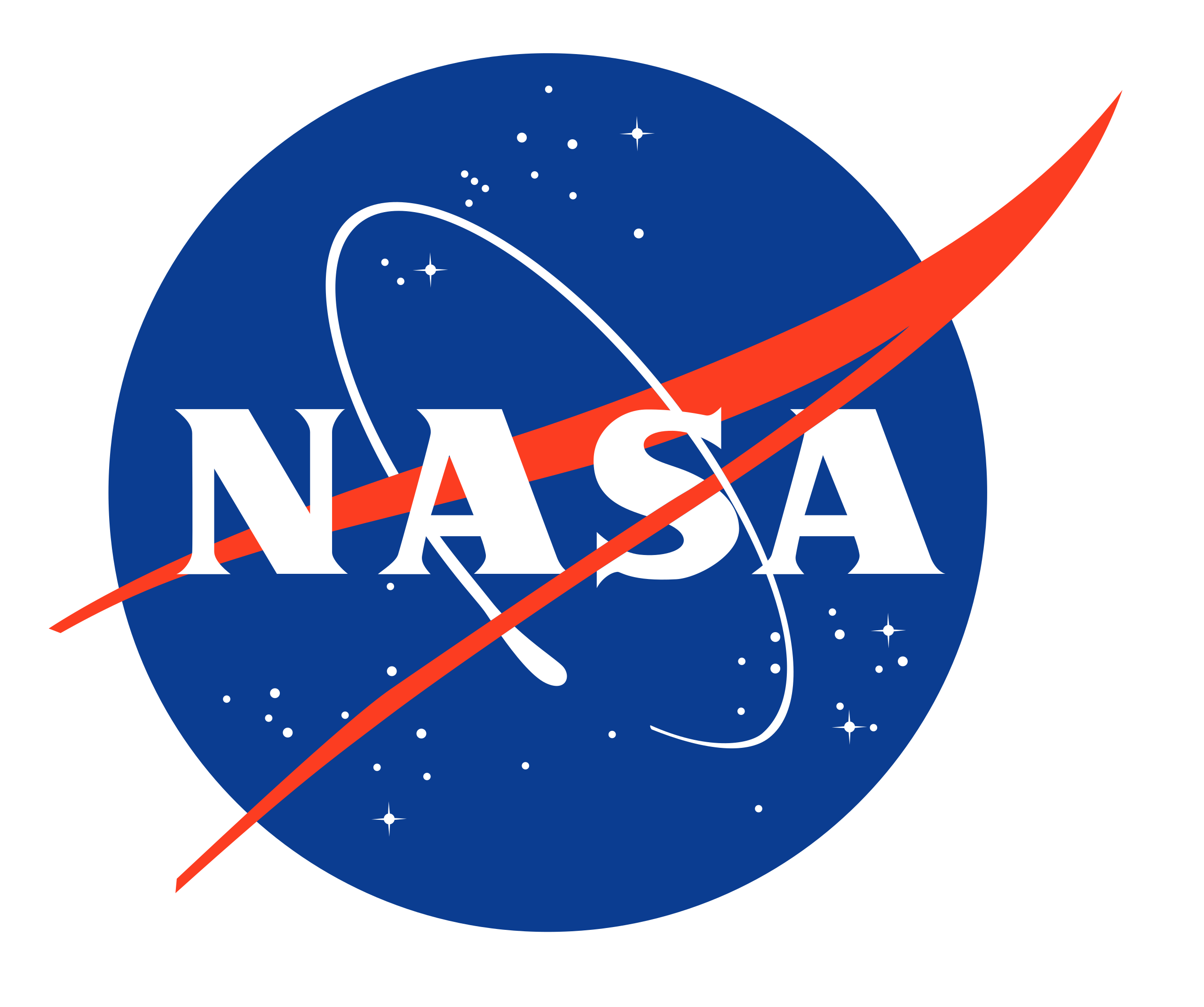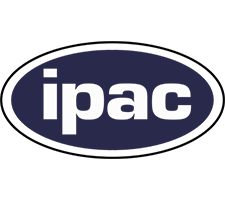
By Aomawa L. Shields | October 23rd, 2019
I am thinking of the Spitzer Space Telescope, and about the job I got as Helpdesk Operator in 2005. That job was meant for me. I know because I found out about the website on which it was posted the same day it was posted after reaching out to an old research advisor, even though I had left the field of astronomy a billion years ago.
I had almost forgotten that I loved the stars and the universe. I had left an astrophysics PhD program to study acting because I didn’t think I belonged, and I loved to tell stories. I ran away from the stars and then tried to become one, getting a Master’s in Fine Arts and then working odd jobs to pay the rent, like pulling staples out of paper for a year and a half as a temp and promoting cultural arts programs for a museum, all the while driving through the streets of Los Angeles with a Thomas Guide on my lap, searching for tiny casting rooms with fluorescent lighting and scraps of paper with brief lines typed on them. I tried to embody all of the emotions directors and producers were looking for, and for a while, I actually did.
Then I looked back up at the sky, and I didn’t want to look anywhere else again.
I emailed a research advisor from my undergraduate days. She told me jobs were often posted on this website for the Infrared Processing and Analysis Center, or IPAC, at Caltech. So that day I went to that website. And there it was: an ad for a Helpdesk Operator supporting NASA’s Spitzer Space Telescope. That person needed to have a bachelor’s degree in the physical sciences. That person needed to have had a few years of professional experience. That person needed to have good oral and communication skills. That person was me.
I never mentioned I was an actor in the interview. I didn’t want to be labeled as a flake. It was right there on my resume, but I never brought it up. Once my supervisor on the Science User Support Team was confident I was dependable, going to auditions during my lunch break wasn’t a big deal. But I ended up wanting to stick around and go to astronomy talks. Since I’d left the field, the discovery of planets orbiting stars other than the Sun, called exoplanets, had exploded. Scientists came to IPAC to talk about all sorts of astronomical phenomena, but it was the exoplanets that kept stopping my heart.
“Then I looked back up at the sky, and I didn’t want to look anywhere else again.”
One audition was particularly fruitful, where I ended up hosting a science TV show as a result. If I hadn’t been working at Caltech when the series was announced, I don’t think I would have known about the audition.
Later, I became a member of the Observation Planning and Scheduling Team for Spitzer, or “the spacecraft,” as learned to call it. I got to schedule observations on the spacecraft, which was like fitting jigsaw puzzle pieces together. Scheduling each week on the spacecraft was a game: How efficiently could I schedule my week this time? How little could I make the spacecraft have to slew between targets? I was a quick study, and I had great teachers who were happy to sit with me for hours and show me how all of the scheduling tools worked. My supervisor was so patient, so kind, and so meticulous, and I learned how to be that way too. I tried to bring those qualities with me back to graduate school when I studied astronomy the second time around. The meticulous part was especially useful in research, but the kindness has also never failed me.
I’m a professor of astronomy now. I am also an actor and speaker. It all works together. Somehow, deep inside me, I knew there had to be a way that it could. I couldn’t see it for a while. But it was always there. Now, in my wonderful job of getting to learn, teach, and write about the universe and those exoplanets I love, in a beautiful home and city, with an incredible husband and, most recently, a spectacular magical creature I gave birth to and get to call my daughter, I can’t help thinking that everything I have, including things I never knew I wanted, I have because I went to that website long ago and got to work for such a fantastic mission. Thank you. Even as it ends, I won’t ever forget.

 Three Months of Checkout, A Lifetime of Memories
Three Months of Checkout, A Lifetime of Memories
 Don’t Sneeze On Spitzer! Matthew Ashby remembers his first time meeting the telescope
Don’t Sneeze On Spitzer! Matthew Ashby remembers his first time meeting the telescope



